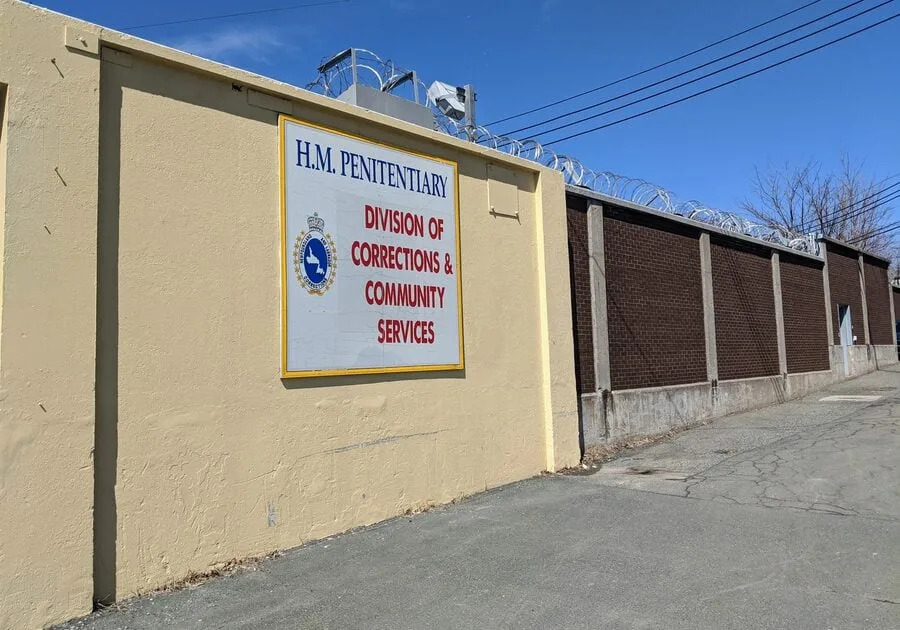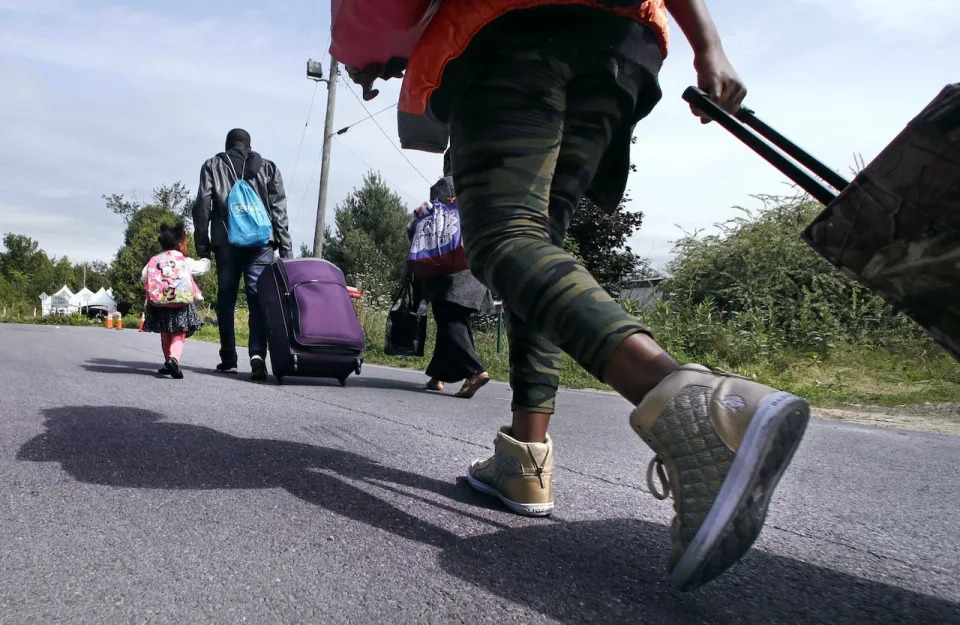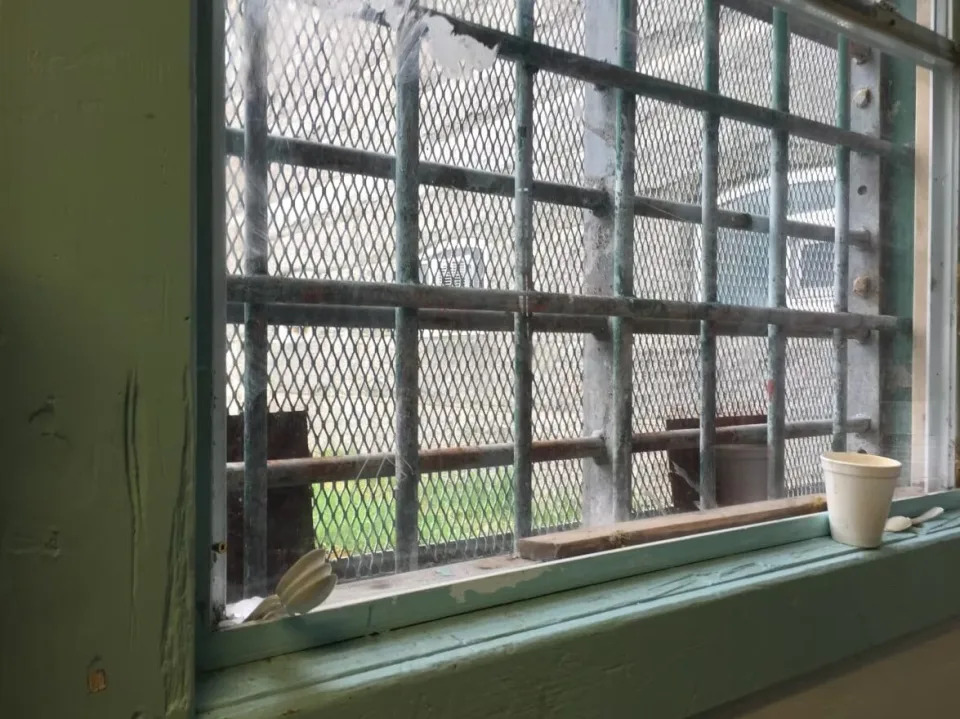Newfoundland and Labrador only province that still intends to imprison migrants
CBC
Mon, March 4, 2024

His Majesty's Penitentiary in St. John's, Newfoundland, where migrants have been detained at the request of the Canada Border Services Agency. (Sarah Smellie/The Canadian Press - image credit)
Newfoundland and Labrador, led by Andrew Furey's Liberal government, is the only Canadian province with no plans to end the controversial practice of incarcerating migrants in its provincial jails.
Every other province has now indicated to the Canada Border Services Agency (CBSA) that they will no longer imprison people detained under the Immigration and Refugee Protection Act.
The detention of migrants for administrative purposes in the same facilities as criminally charged or convicted individuals is a violation of international law, according to many experts.
"In the event a detention is required, it would be assessed on a case-by-case basis," wrote Newfoundland and Labrador's Department of Justice and Public Safety in response to Radio-Canada's questions.
"Immigration detention is not a common occurrence in Newfoundland and Labrador. The province does not have a formal agreement with the Canadian Border Services Agency," the department wrote.
Last year, six immigration detainees were imprisoned in Newfoundland and Labrador, according to CBSA statistics. The federal agency said there are no such detainees being held in that province at the moment.

Hanna Gros, refugee lawyer and researcher at Human Rights Watch denounces Newfoundland’s decision to continue detaining migrants
Refugee lawyer Hanna Gros, a researcher with Human Rights Watch, said she's deeply disappointed in Newfoundland and Labrador’s decision to continue detaining migrants (Submitted by Hanna Gros)
Province's position 'deeply disappointing'
"Newfoundland's position is deeply disappointing," said Hanna Gros, a refugee lawyer and expert in immigration detention with Human Rights Watch.
It's one of the organizations behind the #WelcomeToCanada campaign launched in 2021 that called on provinces to cancel their immigration detention contracts with CBSA.
"Why is Newfoundland the only province committed to this abusive practice? The fact that it's not a 'common occurrence' is all the more reason to end this practice. It's not an excuse to continue it," Gros said.

Many asylum seekers are among the tens of thousands of people who have been detained by the Canada Border Services Agency over the years.
Many asylum seekers are among the tens of thousands of people who have been detained by the Canada Border Services Agency in recent years. (The Canadian Press)
Gros fears CBSA could now send immigration detainees that other provinces refuse to imprison to Newfoundland and Labrador.
"We've seen that CBSA has no qualms about transferring people across provinces to keep them incarcerated, so it's a huge concern," she said.
Most detainees deemed flight risk
Border officers can detain foreign nationals or permanent residents, including refugee claimants, for three main reasons: if they're considered a flight risk, if their identity is not well established or if they pose a danger to the public.
The vast majority of the 71,988 migrants detained by CBSA between 2012 and 2023 were deemed a flight risk, meaning the border agency believed they would not appear for immigration processes, including those that might result in their removal from Canada.
Since June 2022, nine provinces have refused to imprison people held for immigration purposes, or have committed to doing so in the coming months. Many provinces had signed formal contracts with CBSA under which they had to give the agency one year's notice of cancellation.

Her Majesty's Penitentiary in St. John's, Newfoundland. Last year, six people were incarcerated in this province for immigration purposes.
A view from inside Her Majesty's Penitentiary in St. John's. Last year, six people were incarcerated in Newfoundland and Labrador for immigration purposes. (Ariana Kelland/Radio-Canada)
CBSA said last December that it's upgrading its immigration holding centres in Laval, Que., Toronto and Surrey, B.C., in order to "accommodate high-risk detainees."
The agency said detention is always a measure of last resort, used only when alternative solutions in the community are impossible.
Many migrants have died in detention in Canada over the years, some by suicide.


No comments:
Post a Comment